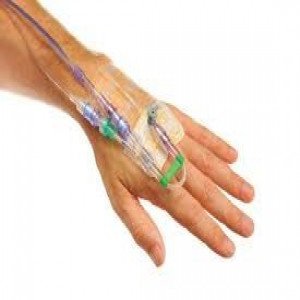 Welcome
Welcome
“May all be happy, may all be healed, may all be at peace and may no one ever suffer."
- A
- B
- C
- D
- E
- F
- G
- H
- I
- J
- K
- L
- M
- N
- O
- P
- Q
- R
- S
- T
- U
- V
- W
- X
- Y
- Z
Magnesium Sulfate Heptahydrate - Brands
Magnesium is the second most plentiful cation of intracellular fluid and is involved in a wide range of activities. It is needed for activity of many enzymes and plays a role in neurochemical transmission and muscular excitability. Abnormally low concentration of magnesium in the ECF results in increased acetylcholine release and increased muscle excitability that can produce tetany. Magnesium Sulphate heptahydrate has anticonvulsant properties when administered parenterally. An increased concentration of magnesium in the ECF causes depression of the central nervous system ( CNS). Magnesium has a direct effect on skeletal muscle. Hypomagnesaemia may develop from diarrhoea, stoma or fistula, alcoholism or diuretic therapy, prolonged treatment with aminoglycosides, hypocalcaemia, hypokalaemia and hyponatraemia.
After administration 25-30% of magnesium is protein bound. It is excreted mainly in the urine, over 90% of magnesium filtered by the kidney is reabsorbed. Small amounts are excreted in the faeces, breast milk and saliva. Magnesium also crosses the placenta.
To be happy, beautiful, healthy, wealthy, hale and long-lived stay with DM3S.
